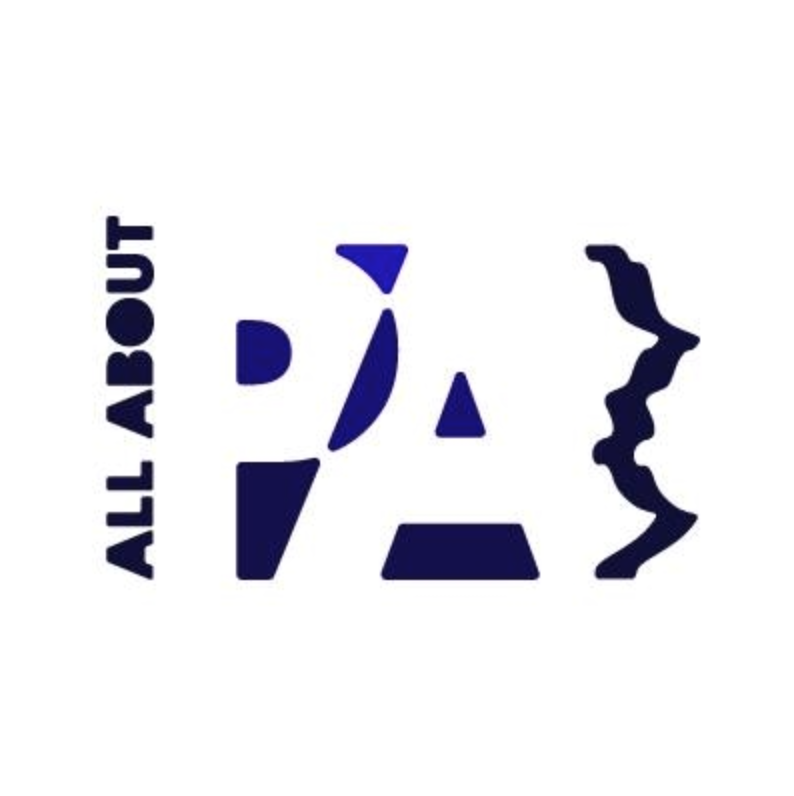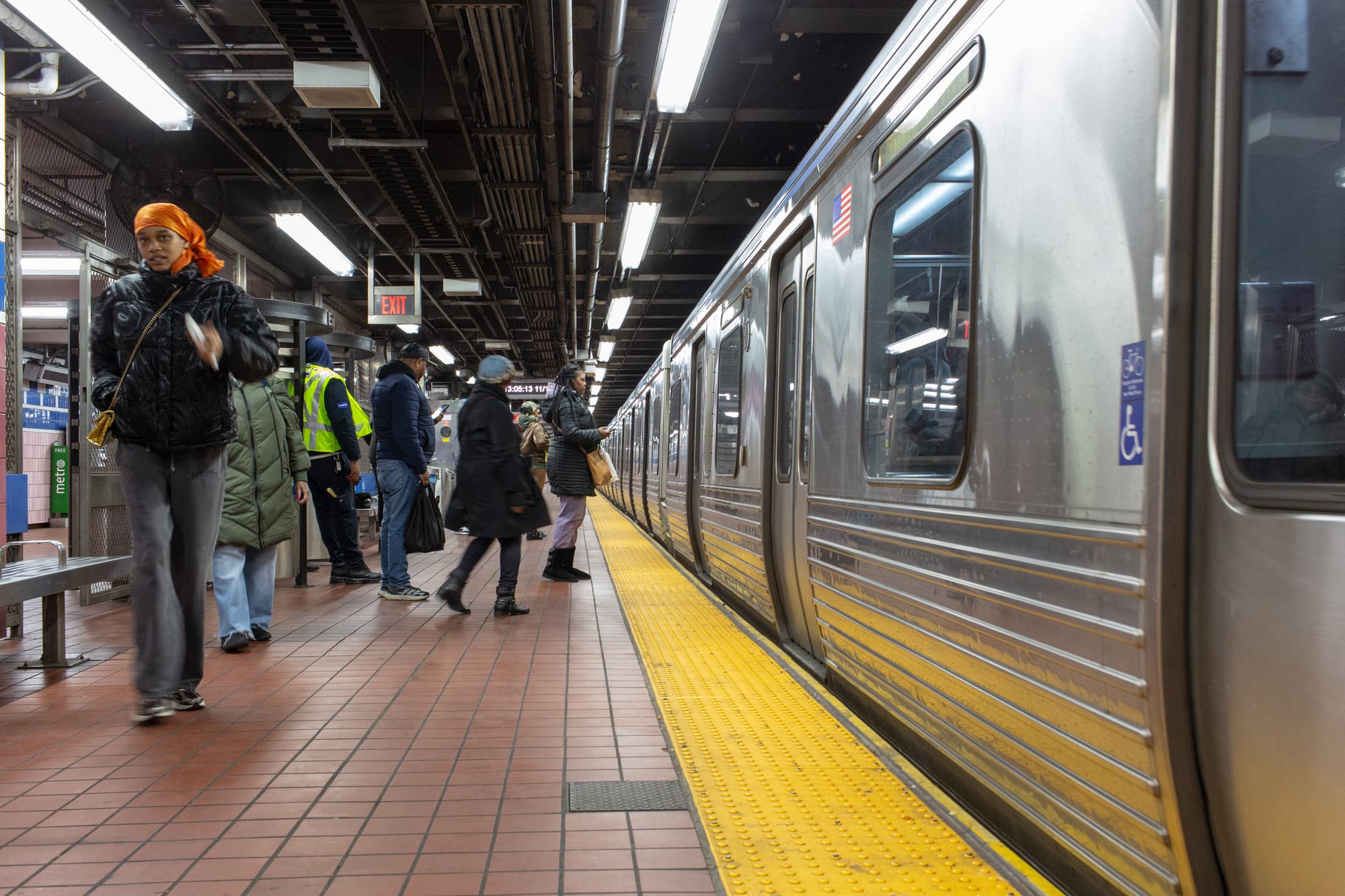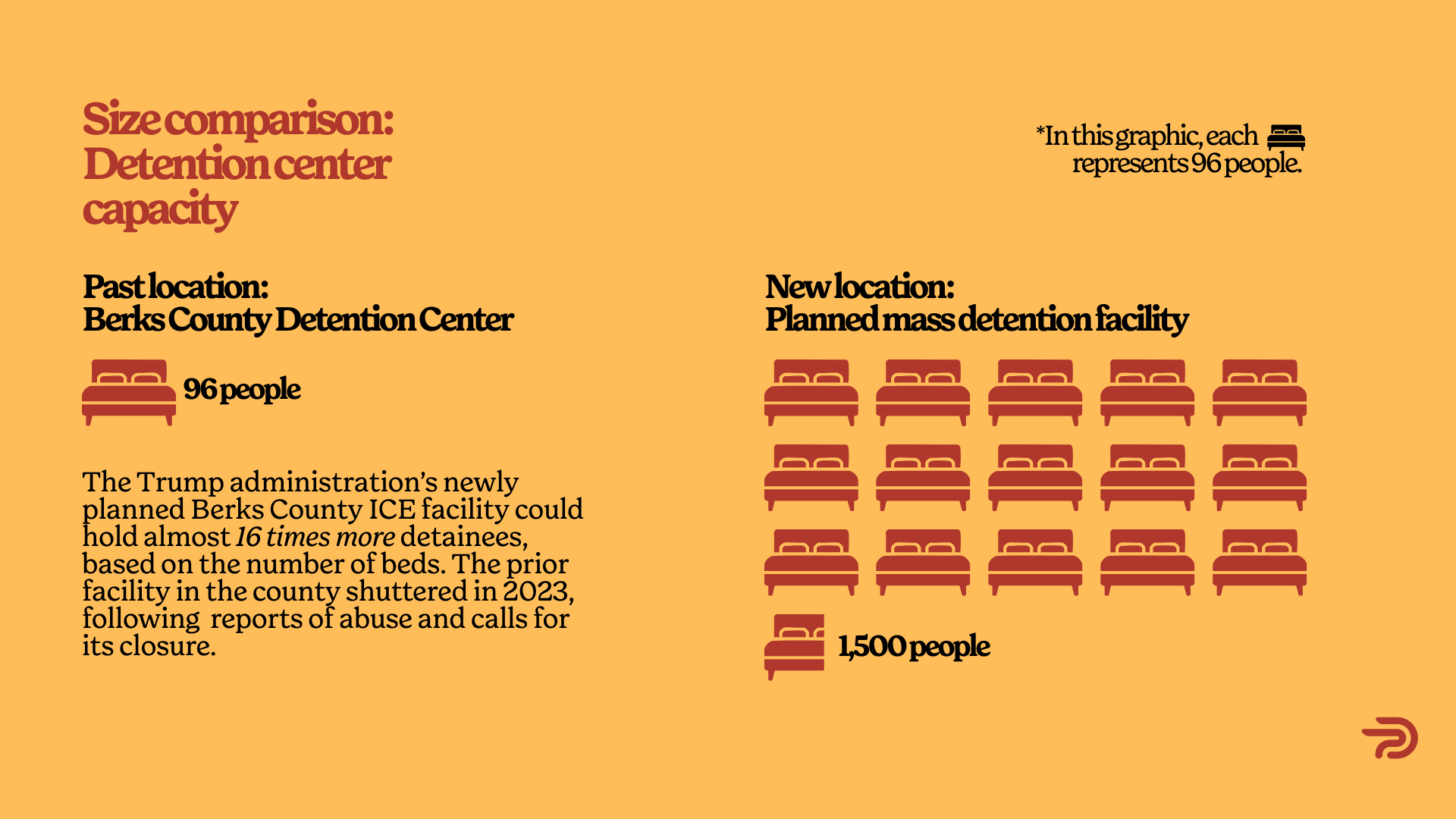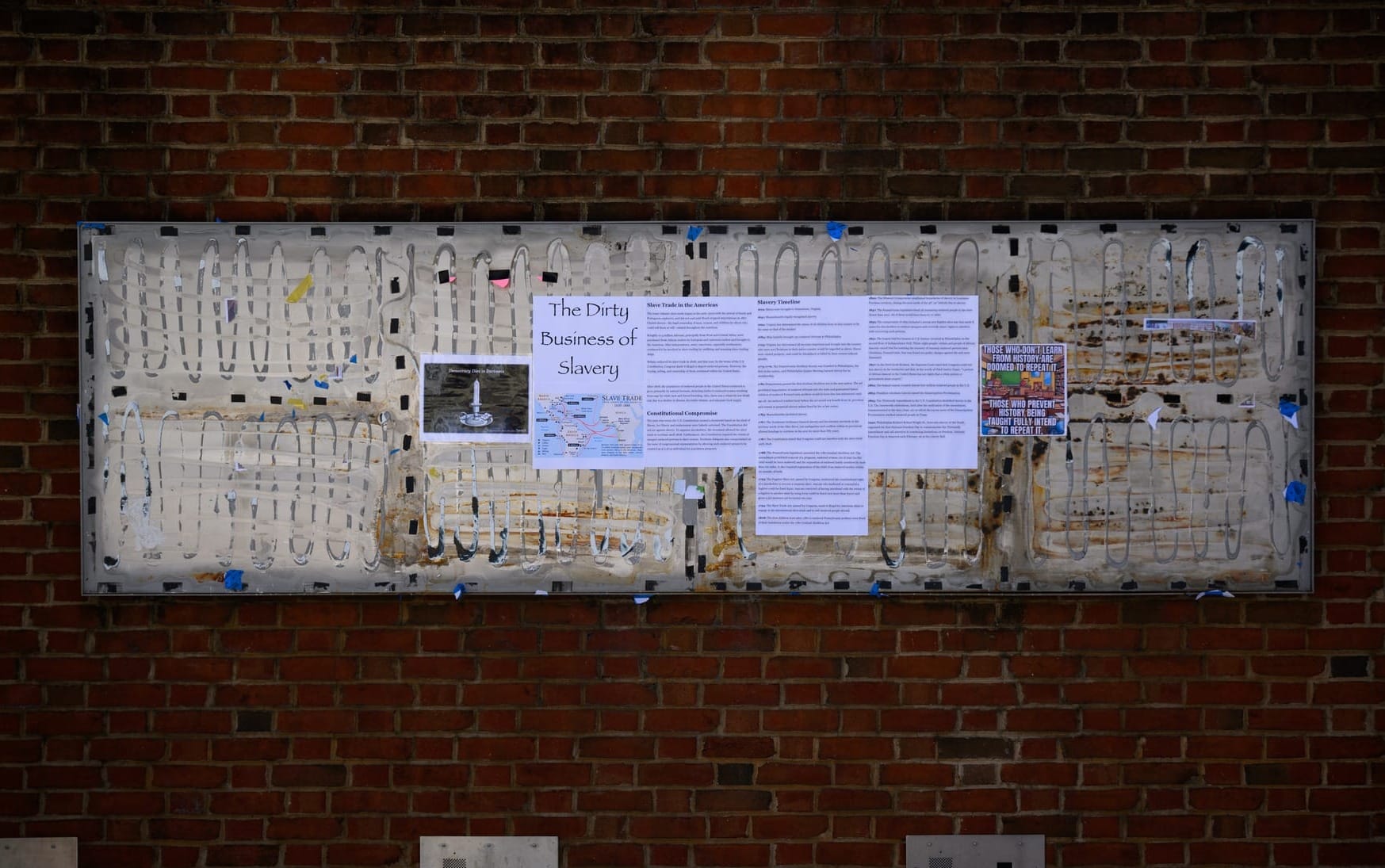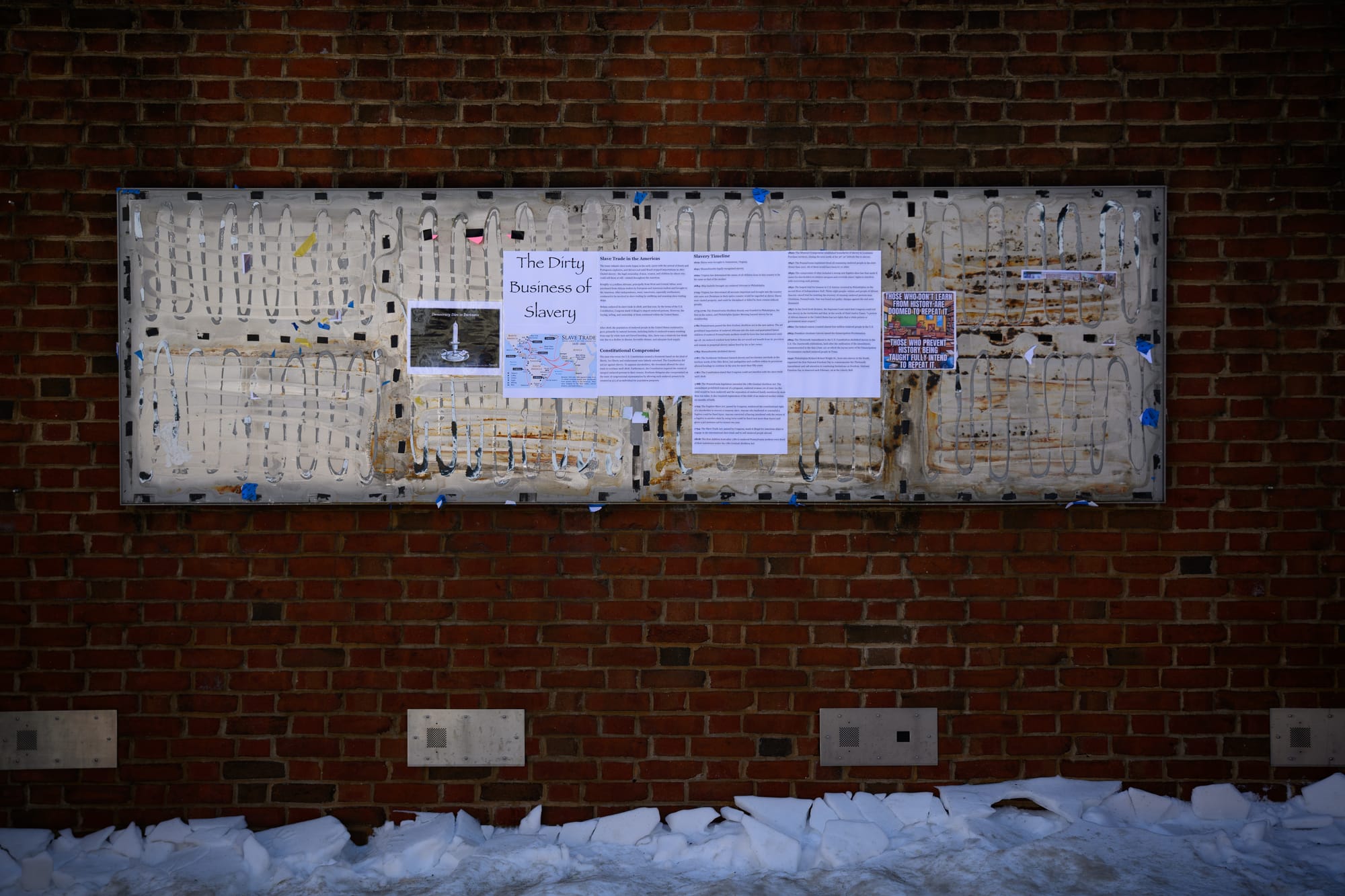"How Exactly Does The 1st Amendment Cover My Rights To Free Speech?"
A lot of people are talking about free speech right now—and for good reason. People are getting arrested for protesting, college students are being punished, and even deported, just for speaking out. So what rights do we actually have?
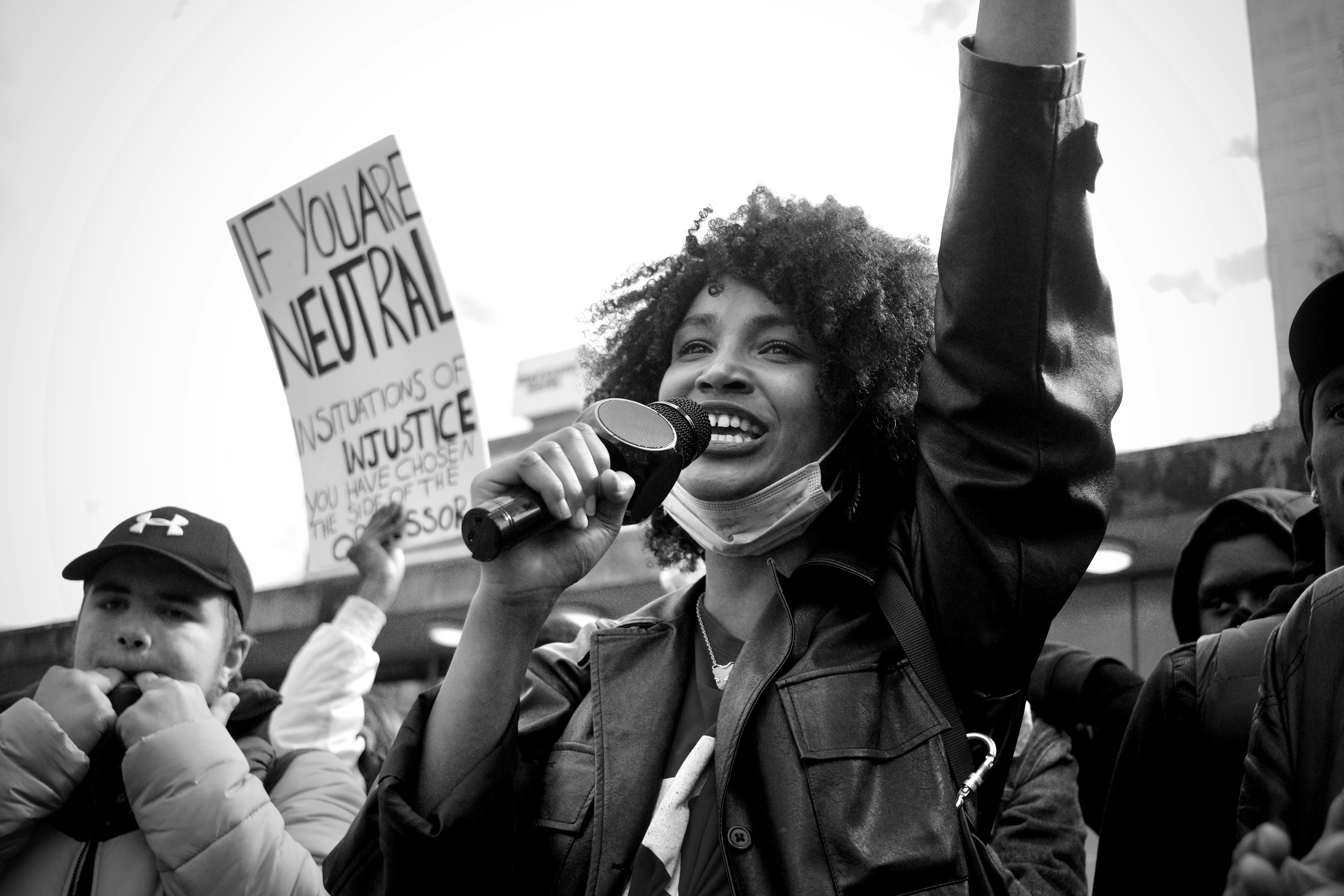
A lot of people are talking about free speech right now—and for good reason.
People are getting arrested for protesting, college students are being punished, and even deported, just for speaking out.
So what rights do we actually have?
The First Amendment of The United States Constitution protects your right to express yourself—your opinions, your beliefs, your political views—without punishment from the people in power in our local, state, and national governments.
It says “Congress shall make no law respecting an establishment of religion, or prohibiting the free exercise thereof; or abridging the freedom of speech, or of the press; or the right of the people peaceably to assemble, and to petition the Government for a redress of grievances.”
That means you DO have the right to express your disagreement with the government. You DO have the right to protest. You can speak your mind, protest in public, or write what you want without getting in trouble just for your words. It also means government officials can’t jail you, fine you, or silence you because they don’t like what you’re saying. You also have the right to not speak at all.
The First Amendment, however, does not extend to certain types of expression. Speech such as actual threats of bodily harm, face-to-face “fighting words”, hate speech such as slurs, incitement to “lawless actions” or “civil disobedience” are not protected under the First Amendment.
The First Amendment also does not protect against censorship from other individuals or private entities. This means private entities such as businesses, employers, even private schools and universities can regulate what expressions of speech happen in their establishments.
Yet, even when people are well within the parameters protected by the First Amendment, we have seen more and more people punished just for protesting or disagreeing with the government.
When people speak up about injustice or question what the government is doing, it can make things uncomfortable for the people in charge. They try to get around the right to free speech by saying that protestors were breaking rules or causing safety concerns. Sometimes, they will claim that the person who wrote something they don’t like is a threat to national security.
They want to make an example out of people they don’t agree with, hoping that everyone else will stay quiet, so they can keep doing things without being challenged.
But, no matter how the government might try to get around it, the First Amendment is still the law, and those rights still belong to you.
You have the right to express yourself.
You have the right to speak out.
You have the right to protest.
You have the right to call out injustice as you see it.
The more people who know their rights and are willing to defend the rights of not just themselves, but others, the less skirting around those rights certain people in power can and will do. For more information on the First Amendment, listen to this At Liberty podcast episode with W. Kamau Bell: The ABCs of Free Speech.
